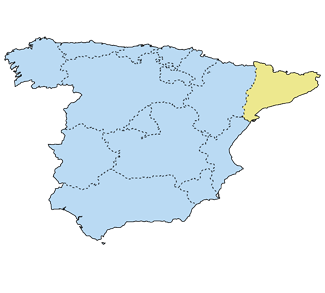Summary
Emmanuel Macron’s En Marche movement has captured 351 out of 577 seats in France’s parliamentary elections.
On the surface, the sweeping victory gives Macron the mandate necessary to institute major reforms, the kind needed to kick-start France’s economy and make it more competitive globally and within the EU. The former and now historically unpopular president Francois Hollande tried to do just that, and was met with fierce resistance from organized labor – the very interests he claimed to represent as leader of the French Socialist Party.
President Macron could well slam into the same wall. Looking beyond the feel-good story of the moment, there are three key factors to keep in mind: Macron took just 24% of the vote in the first round; his parliamentary majority owes itself in large part to an abysmal turnout of 43% (particularly low in poorer areas); and his policies would seem to do nothing to alleviate the apathy and anger of France’s anti-establishment voters (represented by Marine Le Pen and Jean-Luc Melenchon).
Background
President Macron inherits an economy that has seen tepid growth since the 2008 Great Recession. The French economy grew by 1.1% last year, short of the EU average of 1.8%. Unemployment remains a major issue: around 24% of under-25s, 20% of immigrants, and 18% of low-skilled would-be workers are out of work.
President Hollande focused on alleviating the unemployment situation over the latter part of his term by pushing through labor reform. What he tabled was actually fairly modest by global neoliberal standards, but it was enough to provoke a fierce response on the streets of France such that he was eventually forced to circumvent parliament and impose the changes by decree. The 35-hour work week remained intact, but firms were given more negotiating power, more power over wages, more flexibility on holidays, and it was made easier for firms to fire workers.




